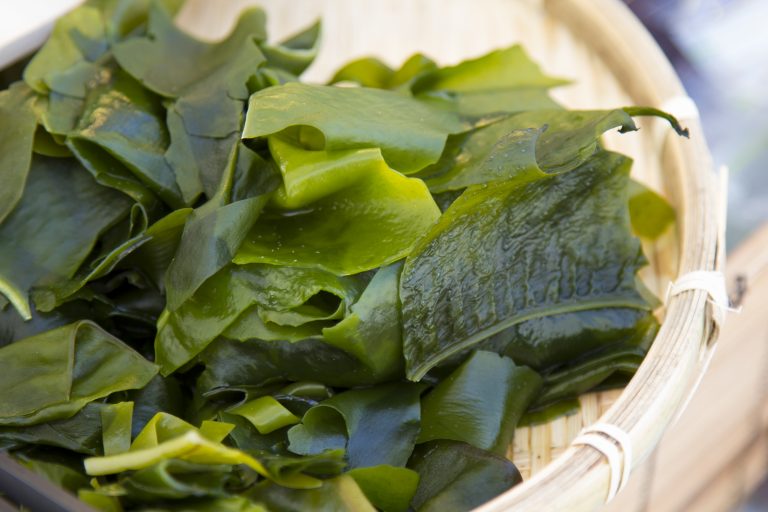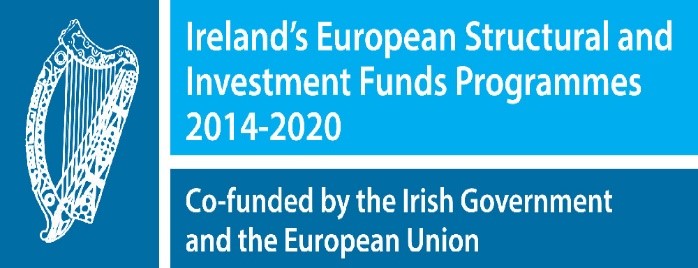Ocean Harvest Technology (OHT), a global company with headquarters in Galway, produces animal feed solutions incorporating bioactive ingredients derived from seaweed. OceanFeed™ formulations are specially selected for their benefits to animal gut health and nutrient uptake. OceanFeed™ has been proven to provide immune support, improve quality, and reduce or eradicate the need for many chemicals and antibiotics that are commonly used in animal production. OceanFeed™ improves feed intake and increases production, weight gain, and fertility in multiple species.
In collaboration with GMIT’s MET Technology Gateway and Marine and Freshwater Research Centre, OHT successfully secured an Enterprise Ireland Innovation Partnership to clinically evaluate a number of specific seaweed blends for the aquaculture industry. The global salmon industry was worth nearly $12 billion in 2015, according to the Food and Agriculture Organisation of the United Nations, however the control of parasites such as sea lice (Lepeophtheirus salmonis) and Amoebic Gill Disease (AGD) is having a severe economic impact on the industry.
OHT observed positive effects from some specific seaweed extracts on controlling sea lice infections in farmed salmon, however further quantification and scientific evaluation was required by the company for sustainable, immuno-stimulatory feed development.
A salmon feed trial is a major undertaking and is typically carried out on commercial marine production sites. GMIT has Ireland’s only indoor, land-based, marine recirculation facility licenced by the Health and Regulatory Authority (HPRA). Working with OHT at GMIT, customised salmon feeds were developed to incorporate the company’s proprietary seaweed blends. Various feeds were tested using small-scale in-vivo feeding trials and evaluated for their ability to modify the immune system in salmon using laboratory-based proteomic and genomic techniques. A bioassay was developed at the GMIT to emulate and evaluate the feeding capability of sea lice on fish mucus, sourced from the skin of the seaweed-fed fish. Also, at the GMIT, the capability existed to test the seaweed blends directly on the viability of sea lice and on Paramoeba perurans, the causative agent of AGD.
The work carried out at GMIT will enable OHT to have confidence in its product development strategy based on scientific data, and give it a competitive advantage in the global salmon industry.
This project was co-funded by the European Regional Development Fund and Enterprise Ireland under the Border, Midland and Western Regional Operational Programme 2014-2020.







